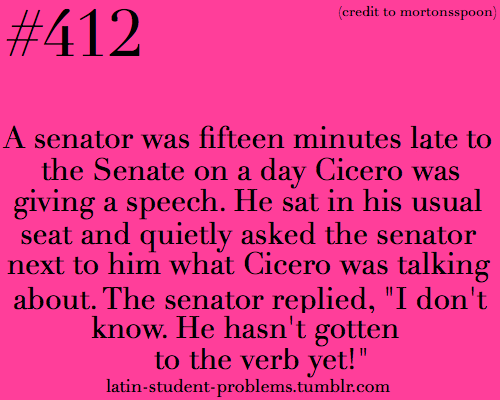Oh, THAT ! *facepalm*
Too bad only subscribers can post in that forum, and I'm long not a subscriber there anymore ...
Too bad only subscribers can post in that forum, and I'm long not a subscriber there anymore ...
She got the French pronunciation right (even the "r")Like the English I speak it with two syllables:
Shields were usually painted with symbols.

No surprise since a lot of words in European languages derive from Latin.:lol:
Yes, I have had the same experience !
In my latin learning books, I was very asonished how many verbs look like English words !
But in German - at least that's what they said in "Dark" - it's "Teilchen", which seems to be a direct translation: "Teil" is "part" and "-chen" is a suffix to denote something small. Nice. DS
One thing about the "-chen". As far as I remember, in German all words ending with "-chen" are neuter. Which means that a girl ("Mädchen") is it (German "es"). (Found out the from a fake Rammstein cover of the German Eurovision Song Contest song: Ein bisschen Frieden -"Ich bin nur ein Mädchen, das sagt, was es fühlt").
pibbur who thinks this is a bit strange.
PS. Admittedly there are some words for females and males also in Norweegain that are neuter. DS.
